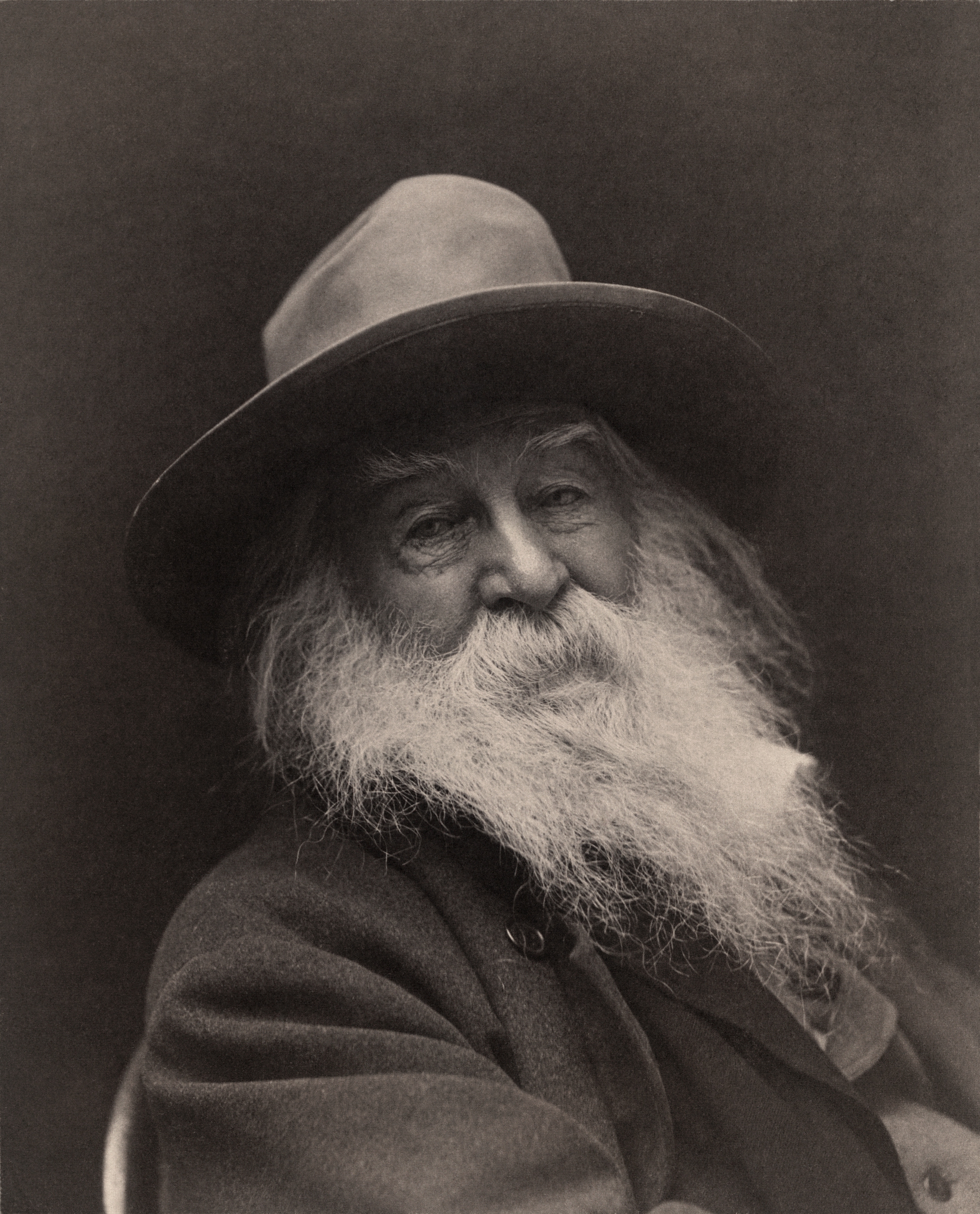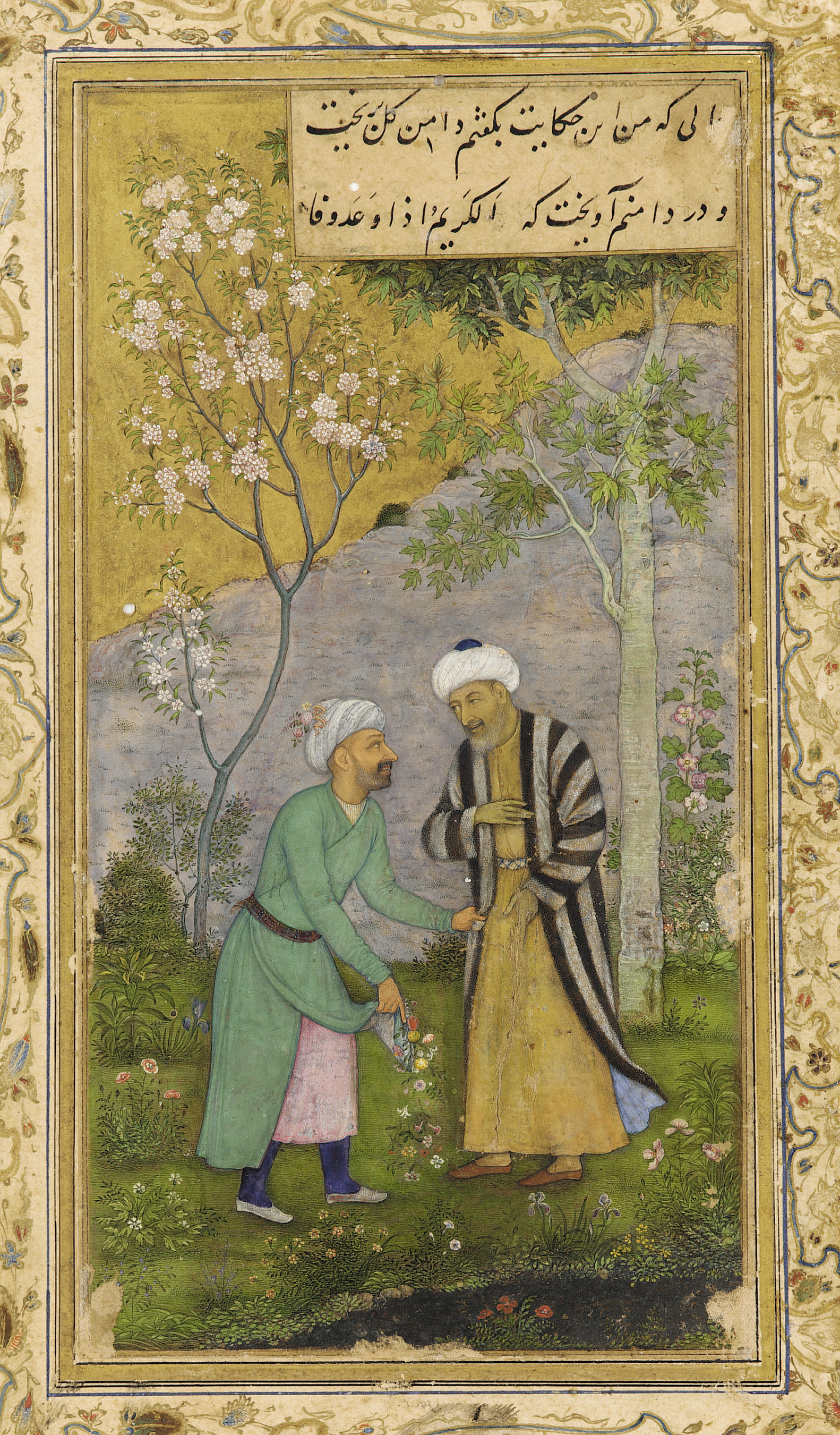|
Gʻafur Gʻulom
Gʻafur Gʻulom or Gafur Gulom (Russified form Gafur Gulyam) ( uz, Gʻafur Gʻulom, Ғафур Ғулом) (May 10, 1903 – July 10, 1966) was an Uzbek poet, writer, and literary translator. He is best remembered for his stories ''Shum Bola'' (''The Mischievous Boy'') (adapted for film in 1977) and ''Yodgor''. Gʻafur Gʻulom is also known for translating the works of many influential foreign authors, such as Alexander Pushkin, Vladimir Mayakovsky, and William Shakespeare. He translated ''Le Mariage de Figaro'' of Pierre Beaumarchais, '' Othello'' of William Shakespeare, and ''Gulistan'' of Saadi Shirazi into Uzbek. Gʻafur Gʻulom is considered to be one of the most influential Uzbek writers of the 20th century. He is also regarded as one of the founders of modern Uzbek poetry along with Hamza Hakimzoda Niyoziy. Gʻafur Gʻulom received the prestigious State Stalin Prize in 1946 and became a National Poet of the Uzbek SSR in 1963. Life Gʻafur Gʻulomovich Gʻulomov was born ... [...More Info...] [...Related Items...] OR: [Wikipedia] [Google] [Baidu] |
Infobox Writer/doc
An infobox is a digital or physical table used to collect and present a subset of information about its subject, such as a document. It is a structured document containing a set of attribute–value pairs, and in Wikipedia represents a summary of information about the subject of an article. In this way, they are comparable to data tables in some aspects. When presented within the larger document it summarizes, an infobox is often presented in a sidebar format. An infobox may be implemented in another document by transcluding it into that document and specifying some or all of the attribute–value pairs associated with that infobox, known as parameterization. Wikipedia An infobox may be used to summarize the information of an article on Wikipedia. They are used on similar articles to ensure consistency of presentation by using a common format. Originally, infoboxes (and templates in general) were used for page layout purposes. An infobox may be transcluded into an article ... [...More Info...] [...Related Items...] OR: [Wikipedia] [Google] [Baidu] |
William Shakespeare
William Shakespeare ( 26 April 1564 – 23 April 1616) was an English playwright, poet and actor. He is widely regarded as the greatest writer in the English language and the world's pre-eminent dramatist. He is often called England's national poet and the "Bard of Avon" (or simply "the Bard"). His extant works, including collaborations, consist of some 39 plays, 154 sonnets, three long narrative poems, and a few other verses, some of uncertain authorship. His plays have been translated into every major living language and are performed more often than those of any other playwright. He remains arguably the most influential writer in the English language, and his works continue to be studied and reinterpreted. Shakespeare was born and raised in Stratford-upon-Avon, Warwickshire. At the age of 18, he married Anne Hathaway, with whom he had three children: Susanna, and twins Hamnet and Judith. Sometime between 1585 and 1592, he began a successful career in London as an a ... [...More Info...] [...Related Items...] OR: [Wikipedia] [Google] [Baidu] |
Nazi Germany
Nazi Germany (lit. "National Socialist State"), ' (lit. "Nazi State") for short; also ' (lit. "National Socialist Germany") (officially known as the German Reich from 1933 until 1943, and the Greater German Reich from 1943 to 1945) was the German state between 1933 and 1945, when Adolf Hitler and the Nazi Party controlled the country, transforming it into a dictatorship. Under Hitler's rule, Germany quickly became a totalitarian state where nearly all aspects of life were controlled by the government. The Third Reich, meaning "Third Realm" or "Third Empire", alluded to the Nazi claim that Nazi Germany was the successor to the earlier Holy Roman Empire (800–1806) and German Empire (1871–1918). The Third Reich, which Hitler and the Nazis referred to as the Thousand-Year Reich, ended in May 1945 after just 12 years when the Allies defeated Germany, ending World War II in Europe. On 30 January 1933, Hitler was appointed chancellor of Germany, the head of gove ... [...More Info...] [...Related Items...] OR: [Wikipedia] [Google] [Baidu] |
Soviet-German War
The Eastern Front of World War II was a theatre of conflict between the European Axis powers against the Soviet Union (USSR), Poland and other Allies, which encompassed Central Europe, Eastern Europe, Northeast Europe (Baltics), and Southeast Europe (Balkans) from 22 June 1941 to 9 May 1945. It was known as the Great Patriotic War in the Soviet Union – and still is in some of its successor states, while almost everywhere else it has been called the ''Eastern Front''. In present-day German and Ukrainian historiography the name German-Soviet War is typically used. The battles on the Eastern Front of the Second World War constituted the largest military confrontation in history. They were characterised by unprecedented ferocity and brutality, wholesale destruction, mass deportations, and immense loss of life due to combat, starvation, exposure, disease, and massacres. Of the estimated 70–85 million deaths attributed to World War II, around 30 million occurred on t ... [...More Info...] [...Related Items...] OR: [Wikipedia] [Google] [Baidu] |
Uzbek Gymnasium In 2008
Uzbek may refer to: * Someone or something related to Uzbekistan * Uzbeks, an ethnic group * Uzbek language * Uzbek cuisine * Uzbek culture * Uzbeg (Ozbeg) Khan (1282–1341, r. 1313–1341), the khan of the Golden Horde of the Mongol Empire * Muzaffar al-Din Uzbek Muzaffar al-Din Uzbek, also known as Özbeg ibn Muhammad Pahlawan (died 1225) was the fifth and last ruler (''atabeg'') of the Eldiguzids from 1210 to 1225, during the later Seljuk and Khwarezmian periods. He was married to Malika Khatun, wido ... or Özbeg ibn Muhammad Pahlawan, last ruler of the Eldiguzids See also * * {{disambiguation Language and nationality disambiguation pages ... [...More Info...] [...Related Items...] OR: [Wikipedia] [Google] [Baidu] |
Orphanage
An orphanage is a residential institution, total institution or group home, devoted to the care of orphans and children who, for various reasons, cannot be cared for by their biological families. The parents may be deceased, absent, or abusive. There may be substance abuse or mental illness in the biological home, or the parent may simply be unwilling to care for the child. The legal responsibility for the support of abandoned children differs from country to country, and within countries. Government-run orphanages have been phased out in most developed countries during the latter half of the 20th century but continue to operate in many other regions internationally. It is now generally accepted that orphanages are detrimental to the emotional wellbeing of children, and government support goes instead towards supporting the family unit. A few large international charities continue to fund orphanages, but most are still commonly founded by smaller charities and religious gr ... [...More Info...] [...Related Items...] OR: [Wikipedia] [Google] [Baidu] |
Turkestan
Turkestan, also spelled Turkistan ( fa, ترکستان, Torkestân, lit=Land of the Turks), is a historical region in Central Asia corresponding to the regions of Transoxiana and Xinjiang. Overview Known as Turan to the Persians, western Turkestan has also been known historically as Sogdia, "Ma wara'u'n-nahr" (by its Arab conquerors), and Transoxiana by western travelers. The latter two names refer to its position beyond the River Oxus when approached from the south, emphasizing Turkestan's long-standing relationship with Iran, the Persian Empires, and the Umayyad and Abbasid Caliphates. Oghuz Turks (also known as Turkmens), Kyrgyzs, Uzbeks, Kazakhs, Khazars, Uyghurs and Hazaras are some of the Turkic inhabitants of the region who, as history progressed, have spread further into Eurasia forming such Turkic nations as Turkey, and subnational regions like Tatarstan in Russia and Crimea in Ukraine. Tajiks and Russians form sizable non-Turkic minorities. It is subdivided into Af ... [...More Info...] [...Related Items...] OR: [Wikipedia] [Google] [Baidu] |
National Poet
A national poet or national bard is a poet held by tradition and popular acclaim to represent the identity, beliefs and principles of a particular national culture. The national poet as culture hero is a long-standing symbol, to be distinguished from successive holders of a bureaucratically-appointed poet-laureate office. The idea and honoring of national poets emerged primarily during Romanticism, as a figure that helped consolidation of the nation states, as it provided validation of their ethno-linguistic groups. Most national poets are historic figures, though a few contemporary writers working in relatively new or revived national literatures are also considered "national poets." Though not formally elected, national poets play a role in shaping a country's understanding of itself. Some nations may have more than one national poet; the idea of a single one is always a simplification. It has been argued that a national poet "must write poetry that close ... [...More Info...] [...Related Items...] OR: [Wikipedia] [Google] [Baidu] |
Great Soviet Encyclopedia
The ''Great Soviet Encyclopedia'' (GSE; ) is one of the largest Russian-language encyclopedias, published in the Soviet Union from 1926 to 1990. After 2002, the encyclopedia's data was partially included into the later ''Bolshaya rossiyskaya entsiklopediya'' (or '' Great Russian Encyclopedia'') in an updated and revised form. The GSE claimed to be "the first Marxist–Leninist general-purpose encyclopedia". Origins The idea of the ''Great Soviet Encyclopedia'' emerged in 1923 on the initiative of Otto Schmidt, a member of the Russian Academy of Sciences. In early 1924 Schmidt worked with a group which included Mikhail Pokrovsky, (rector of the Institute of Red Professors), Nikolai Meshcheryakov (Former head of the Glavit, the State Administration of Publishing Affairs), Valery Bryusov (poet), Veniamin Kagan (mathematician) and Konstantin Kuzminsky to draw up a proposal which was agreed to in April 1924. Also involved was Anatoly Lunacharsky, People's Commissar of Education ... [...More Info...] [...Related Items...] OR: [Wikipedia] [Google] [Baidu] |
Hamza Hakimzoda Niyoziy
Hamza Hakimzade Niyazi ( uz, Hamza Hakimzoda Niyoziy / Ҳамза Ҳакимзода Ниёзий) (, Kokand – March 18, 1929, Shohimardon) was an Uzbek author, composer, playwright, poet, scholar, and political activist. Niyazi, along with Gʻafur Gʻulom, is widely seen as one of the leading figures in the early development of modern Uzbek literary tradition. He is generally considered the first Uzbek playwright, the founder of modern Uzbek musical forms, as well as the founder of Uzbek social realism. Niyazi also participated in the controversial Uzbek language reforms of the 1920s which were meant to codify a literary Uzbek language in place of the older, fading Chagatai. In addition to Uzbek, Niyazi knew many other languages, including Arabic, Persian, Russian, and Turkish. His works generally dealt with social issues, such as women's rights, social inequality, and the prevalence of superstition. Niyazi was stoned to death in the town of Shohimardon, by Islamic fundamen ... [...More Info...] [...Related Items...] OR: [Wikipedia] [Google] [Baidu] |
Saadi Shirazi
Saadi Shīrāzī ( fa, ابومحمّد مصلحالدین بن عبدالله شیرازی), better known by his pen name Saadi (; fa, سعدی, , ), also known as Sadi of Shiraz (, ''Saʿdī Shīrāzī''; born 1210; died 1291 or 1292), was a Persian poet and prose writer of the medieval period. He is recognized for the quality of his writings and for the depth of his social and moral thoughts. Saadi is widely recognized as one of the greatest poets of the classical literary tradition, earning him the nickname "The Master of Speech" or "The Wordsmith" ( ''ostâd-e soxan'') or simply "Master" ( ''ostâd'') among Persian scholars. He has been quoted in the Western traditions as well. '' Bustan'' has been ranked as one of the 100 greatest books of all time by ''The Guardian''. Biography Saadi was born in Shiraz, Iran, according to some, shortly after 1200, according to others sometime between 1213 and 1219. In the Golestan, composed in 1258, he says in lines evidently add ... [...More Info...] [...Related Items...] OR: [Wikipedia] [Google] [Baidu] |
Gulistan Of Sa'di
''Gulistān'' ( fa, گُلِستان, Golestān, The Flower Garden; ), sometimes spelled Golestan, is a landmark of Persian literature, perhaps its single most influential work of prose. Written in 1258 CE, it is one of two major works of the Persian poet Sa'di, considered one of the greatest medieval Persian poets. It is also one of his most popular books, and has proved deeply influential in the West as well as the East. The ''Golestan'' is a collection of poems and stories, just as a flower-garden is a collection of flowers. It is widely quoted as a source of wisdom. The well-known aphorism still frequently repeated in the western world, about being sad because one has no shoes until one meets the man who has no feet "whereupon I thanked Providence for its bounty to myself" is from the ''Golestan''. The minimalist plots of the ''Golestans stories are expressed with precise language and psychological insight, creating a "poetry of ideas" with the concision of mathematical for ... [...More Info...] [...Related Items...] OR: [Wikipedia] [Google] [Baidu] |







